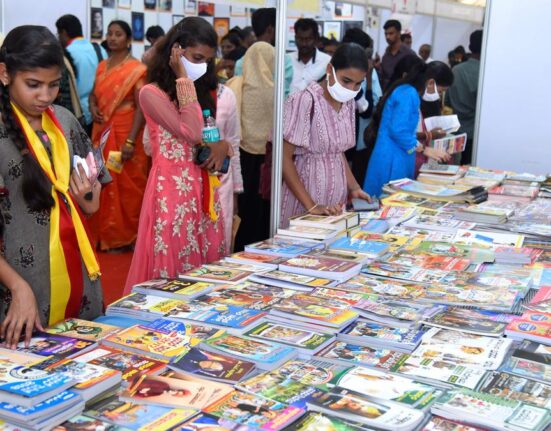Talking about intimate relationships in a country that likes to sweep such topics under the rug until “the time is right” is a hard pill to swallow but nonetheless necessary.
It is necessary to have a conversation with the kids of this generation about acceptable forms of love who are easily swayed towards violence and toxicity. In our increasingly digital age, we have access to all the world’s knowledge at our fingertips. That doesn’t mean that every link we click will give us the right or proper guidance because the age of information doesn’t guarantee that every shady site out there is looking out for us. An honest, no-holds-barred, straight, and open conversation is still the best way to approach topics that vary according to the sexuality of the child.
Often teenagers in their angsty, rebellious phase fail to understand that their parents haven’t grown up in the same world as they have and that it’s difficult for parents to approach certain topics with the same openness they can. It will also be unfair to expect parents to suddenly forgo their upbringing and be comfortable talking about things they have never mentioned.
No one would expect Indian parents to break out into a sex education session, the quality of which is abysmal in our country, but simply mentioning the five love languages and asking the kids to identify their own would be a good place to start. Words of affirmation, Quality time, Receiving gifts, Acts of service and physical touch are the languages everyone in love speaks but doesn’t know how to identify.
Books will be your best friend if talking about them proves too much to handle. Encourage your kids to widen their knowledge by reading books like ‘The five love languages, ‘Let’s talk about guys, girls and sex’, and ‘The complete book of sex education’. This will make their completed teenage lives easier to navigate and less stressful.
We have a long way to go when accepting and appreciating all kinds of love, but look how far we’ve come.












